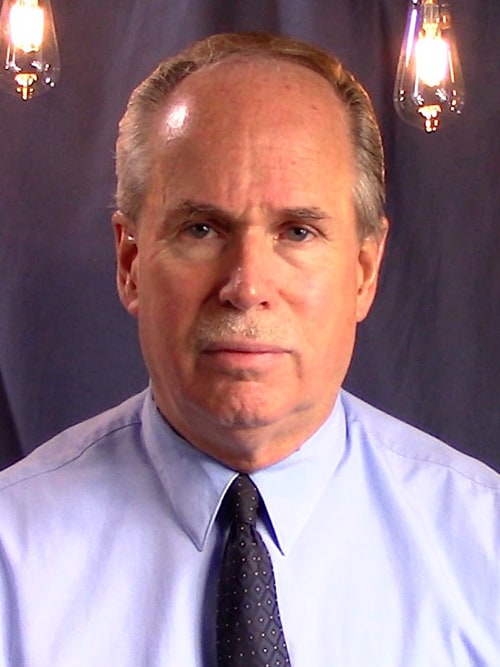Decisions. Life is quite literally jam-packed with them. We make them all of the time; literally one after another after another. Hardly a single minute passes where we’re not thinking through and making some sort of decision. Some decisions are huge and sweeping, amply possessing both the power and scope to impact our lives for the rest of our lives. Others are small and passively demur, doing little more than impacting the few brief moments that follow the decision.
Some decisions follow a predictable and patently obvious course, being crisply and closely dictated by the laws of nature, or cultural expectations, or a set of values, or the tutelage of a mentor, or an established tradition of some sort. These decisions are frequently more reflexive than thoughtful as they have naturally established boundaries that provide an automatic guiding function. Other more complex and intricate decisions may not as easily adhere to such established boundaries, demanding degrees of accommodation, various levels of modification, or some measure of generous reassessment that calls on reasoning, thought processes and wisdom rarely accessed.
Missing the Impact
However decisions come, we make so many decisions that they can become reflexively habitual. And in becoming habitual, we often pay them little mind. Or we may view decisions as part of a general progression that serves only to move us to the next place. Therefore it is our sense, either conscious or unconscious, that both the value and the impact of the decision ceases to exist at the point that it has moved us to that next place. Or at times we may view decisions as necessary evils, and we therefore make them so as to get them off of our backs. Or we may be forced to make decisions and therefore we readily defer any negative consequences because circumstances or situations forced us to make decisions that we would have not otherwise made.
The Impact Outside of the Decision
Regardless of the manner in which they are made, we often make decisions not nearly comprehending the full impact of the decision. Too often decisions are made for the sole purpose of making the decision and in making the decision, bringing whatever the situation is to a conclusion. We may consider the long-term implications, but we typically do so as they apply directly to the decision.
Seldom do we consider the broad and far-reaching implications that lay out beyond the decision itself. We take too little time to realize that the biggest and most potent impact of our decisions are often not related to the decisions themselves or the situations that demanded those decisions. Rather, the biggest impact is often the repercussions felt outside and far beyond those situations and corresponding decisions. In fact, it is often the case that others entirely unassociated with our decisions can be dramatically impacted by them without knowing who or what or where the repercussions came from. From a long-term perspective, long after the decisions are made and the situations that demanded them have fallen far into the catacombs of history, the implications of the decisions remain.
Little do we realize that decisions made over situations now long dead may in fact demand other decisions that would be entirely unnecessary and wholly irrelevant if more care had been taken in making the original decisions in the first place. We so myopically focus on the moment, the perceived needs of the moment, and our desire to rid ourselves of some problem that we render decisions without considering the frequently cataclysmic implications of those decisions for the future.
Deciding About Our Decisions
We need to understand that in making a decision today we are creating a legacy for tomorrow, and that no decision is bound solely to the moment within which it is made and the people for whom it is made. Likewise, we cannot be so remiss as to miss the reality that what is done in the present is capable of geometrically amplifying itself in the future. Should we persist in such terribly limited notions, we are certain to hurt ourselves, handicap others, and negatively load our future.

 Craig Lounsbrough
M. Div., LPC
Craig Lounsbrough
M. Div., LPC